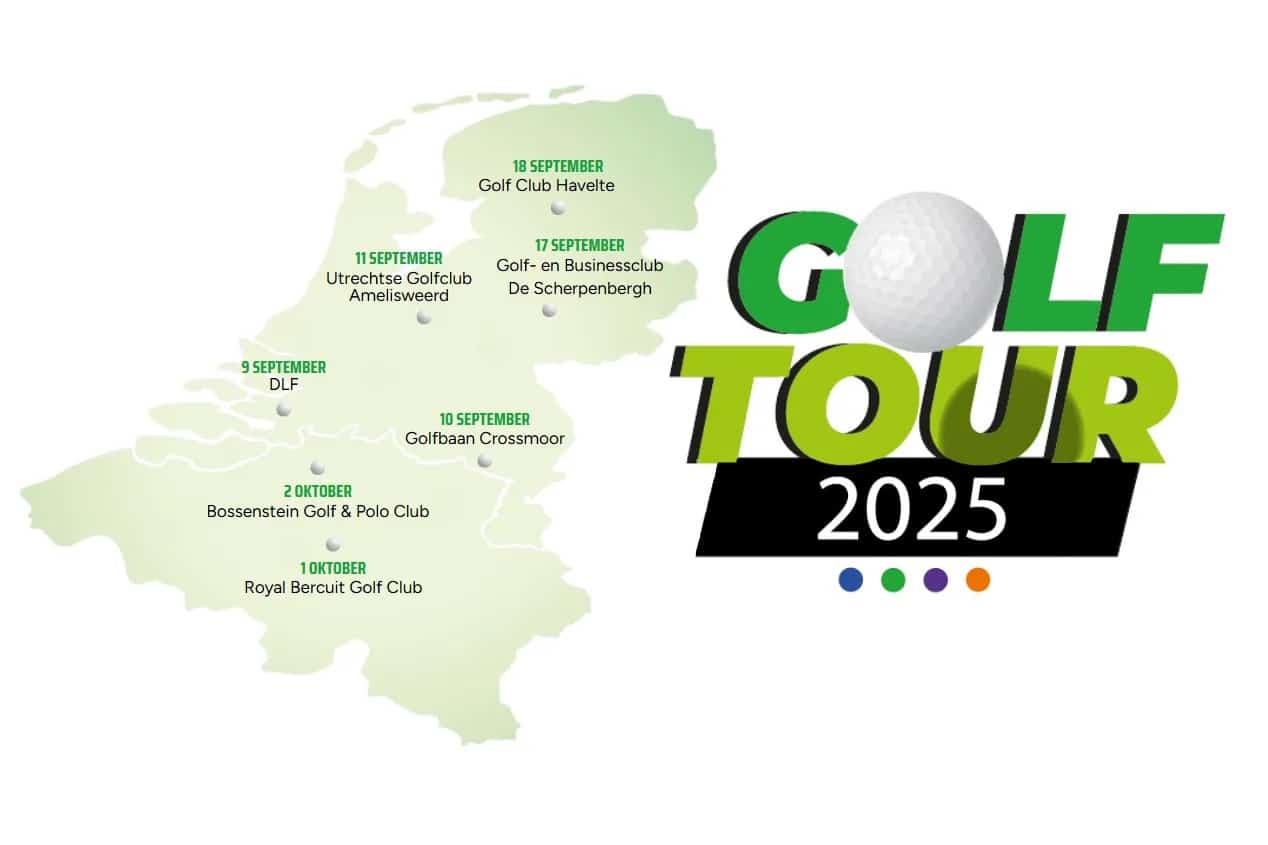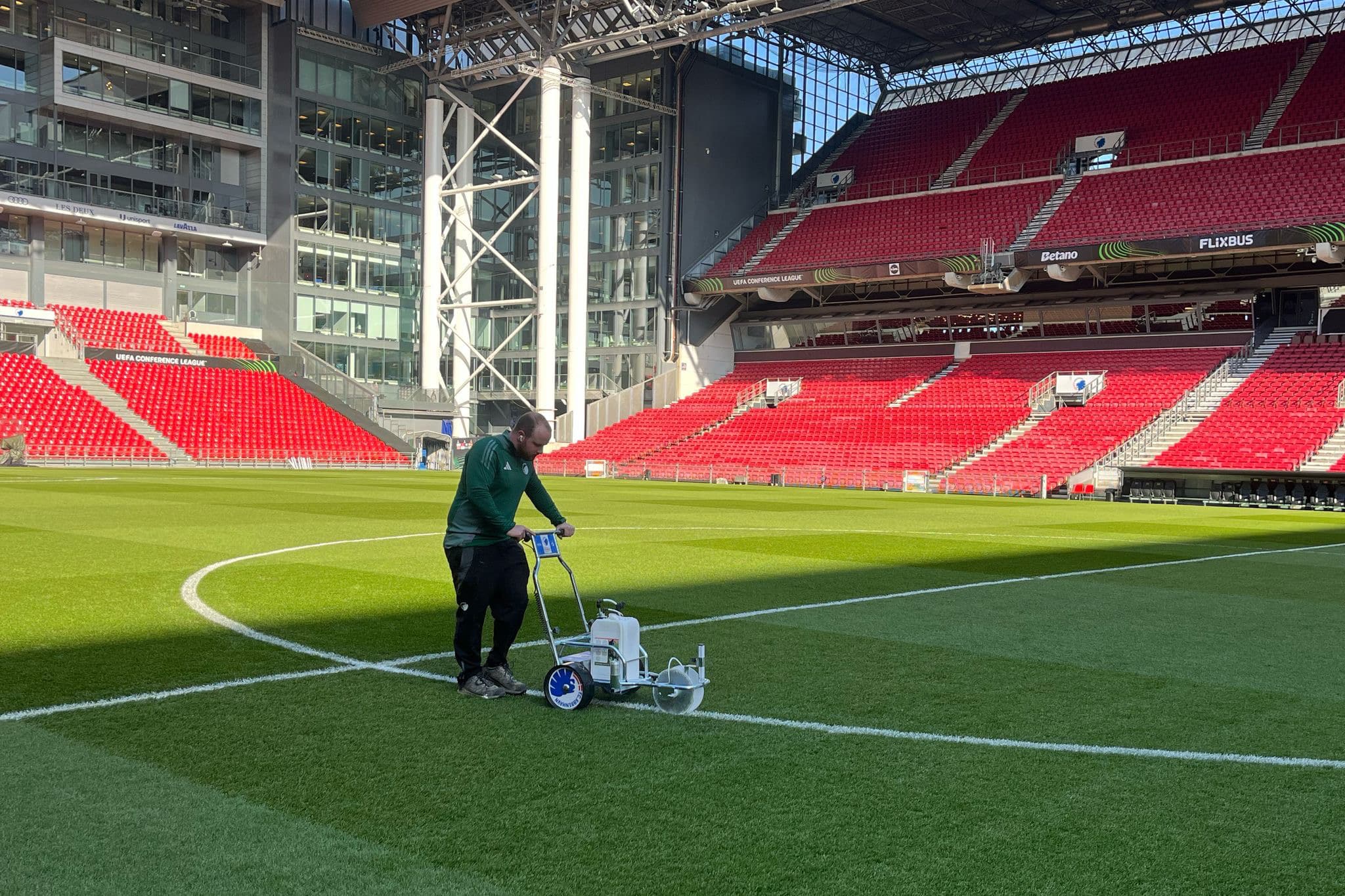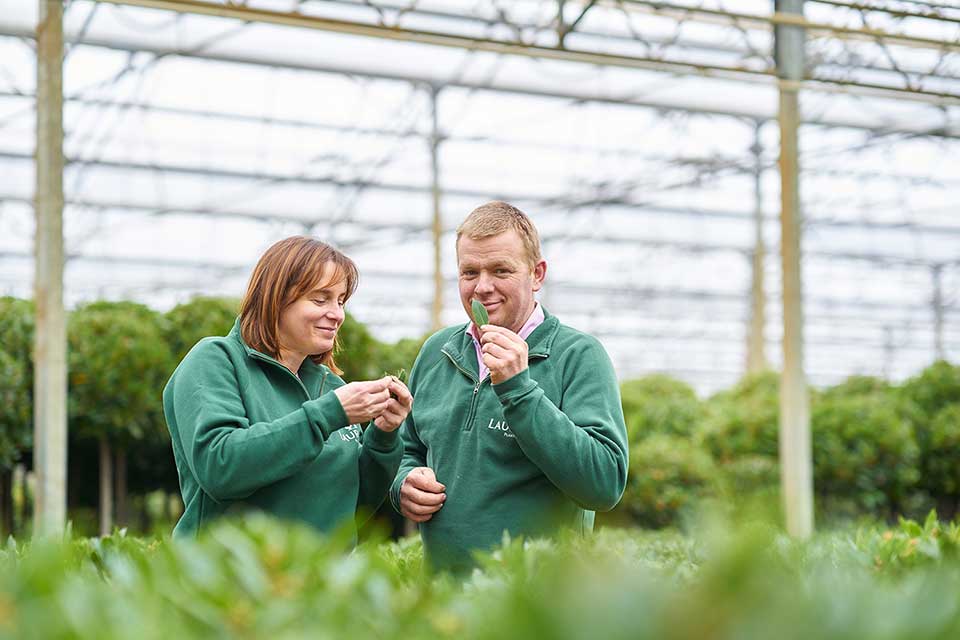
50 years of passion, 5,000 years of history
The laurel or laurus nobilis did not steal its name. No other plant throughout history has been attributed so many admirable qualities and symbolism, and even in our contemporary language, the noble character of the plant is never far away. After all, anyone who achieves a sterling performance is praised; the winners of a competition are called laureates. But where exactly does all this praise come from?
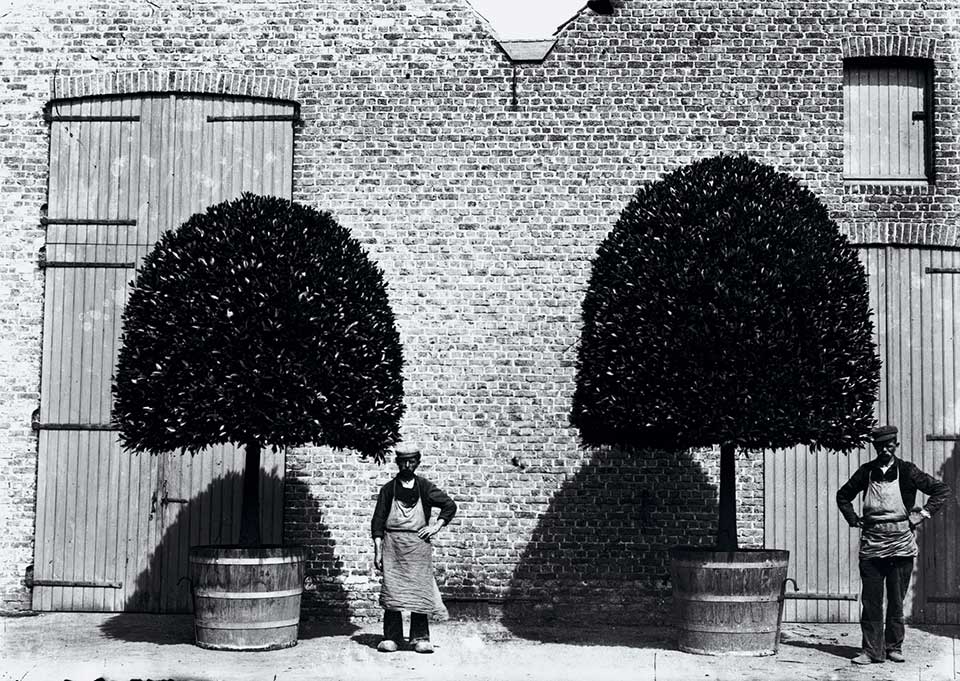
We dive into history, from ancient Greece over the Romans and the Renaissance to pre-war Bruges and, finally, the Jabbeke of the 1970s and today. There, the Devisch family has now been invoking passion and tradition in the cultivation of form-trimmed laurel plants for fifty years. Indeed, according to the growers, story and symbolism are as decisive for the plant's popularity as its strong, evergreen and aromatic character.
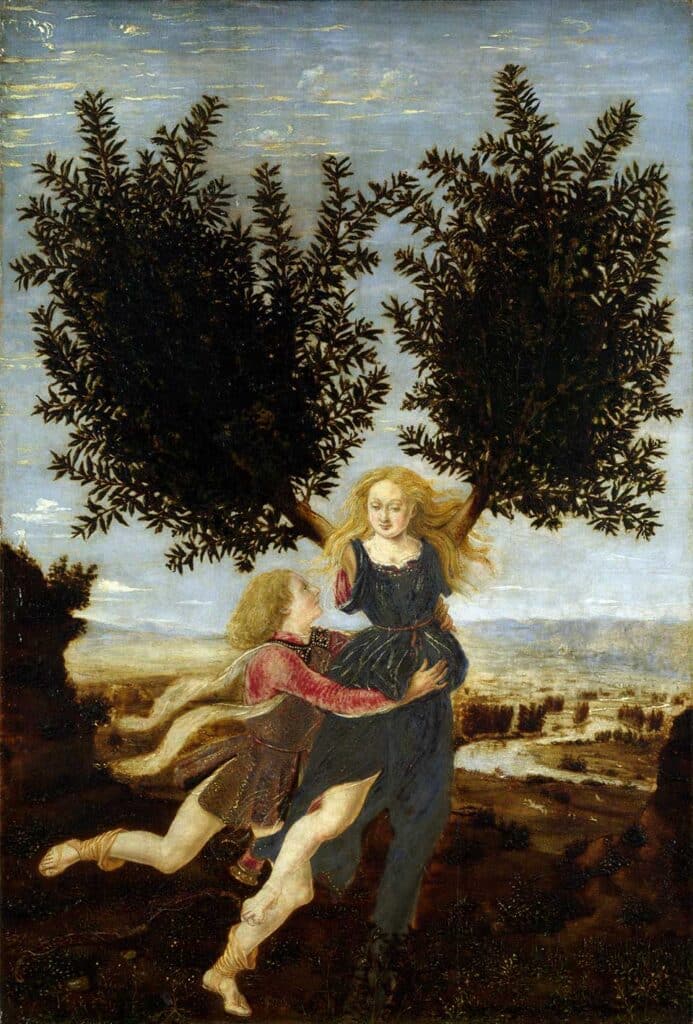
The myth of Daphne
There are numerous myths concerning the laurel, some much older than Ancient Greece, but the most well-known is the story of Daphne and Apollo. It describes how the sun god Apollo pursues the nymph Daphne. However, she is undaunted by his advances and eventually begs for redemption from her father. Thereupon her members stiffen, her feet take root and her arms turn into branches and her hair into leaves. The laurel is born, and receives from Apollo, as the ultimate expression of love, everlasting beauty and an evergreen character.
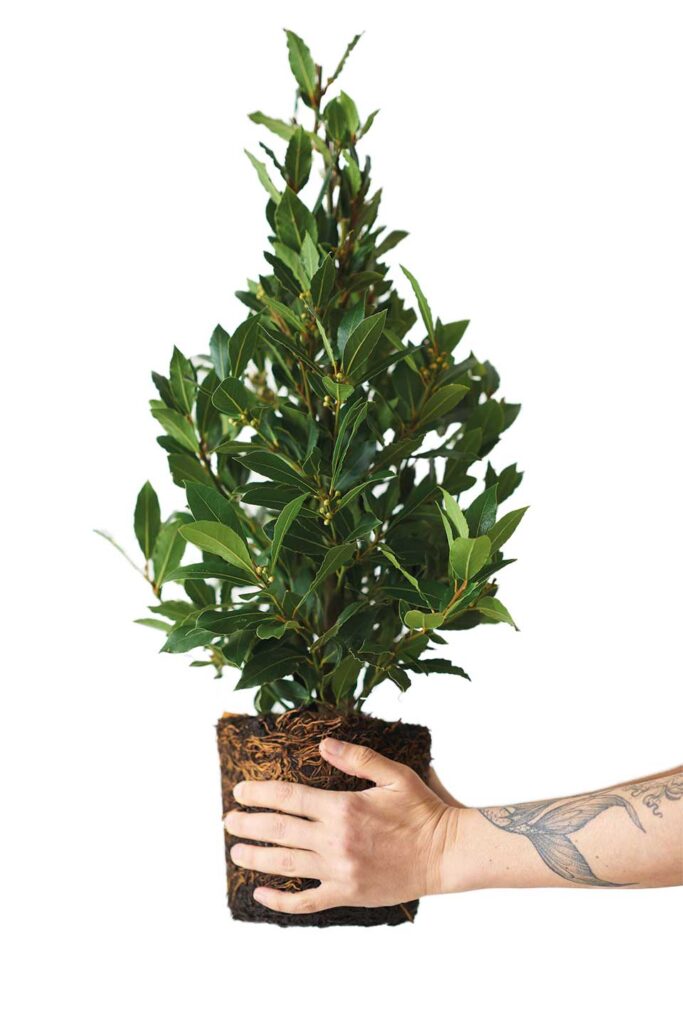
Plant of poets and heroes
The association between Apollo and laurel runs as a recurring theme through Greek and Roman mythology and is consequently carried over to the entire Apollo cult. Thus Apollo is said to have defeated the dragon Python with a laurel branch, upon which the plant became a symbol of martial art and victory, among other things - a meaning that still endures in our language, as in English or French, for that matter.
But Apollo was also the god of poetry, and both laurel and the laurel wreath were consequently considered hallmarks of poets, soothsayers and other creatives.
Aromatic all-purpose healer
While much of the symbolism surrounding laurel seems to be tied to the plant's appearance, and its strong evergreen nature in particular, historically quite a bit of value and significance has also been attributed to its scent. Indeed, from classical antiquity to deep into the Renaissance, laurel was considered an extremely medicinal plant that could dispel not only noxious fumes but even the plague.
The Bruges laurel crop
Yet it is not only myth and symbolism that sponge the historical value of laurel. More recently, and much closer to home, the plant is also witness to an important local cultivation tradition. Before two World Wars threw a spanner in the works, the region around Bruges had been known for centuries for its laurel farms. Thanks to its typical sandy soil and relatively mild maritime climate, the region was even considered the center of European laurel cultivation in the early twentieth century. Especially the Bruges variety, laurus nobilis, characterized by laurel pyramids and bulbous trees was widely popular.
Timeless
For Laurica-plants of Jabbeke, the rich history of the plant remains a passion. Not coincidentally, before establishing the nursery in the early 1970s, André Devisch apprenticed himself to one of the few bay laurel growers remaining in the Bruges region at the time, and not coincidentally, he subsequently passed on the tricks of the trade to his own children. With a diverse range of form-trimmed potted laurel plants, they are today putting the region and the many symbolic and botanical merits of laurel back on the map.

